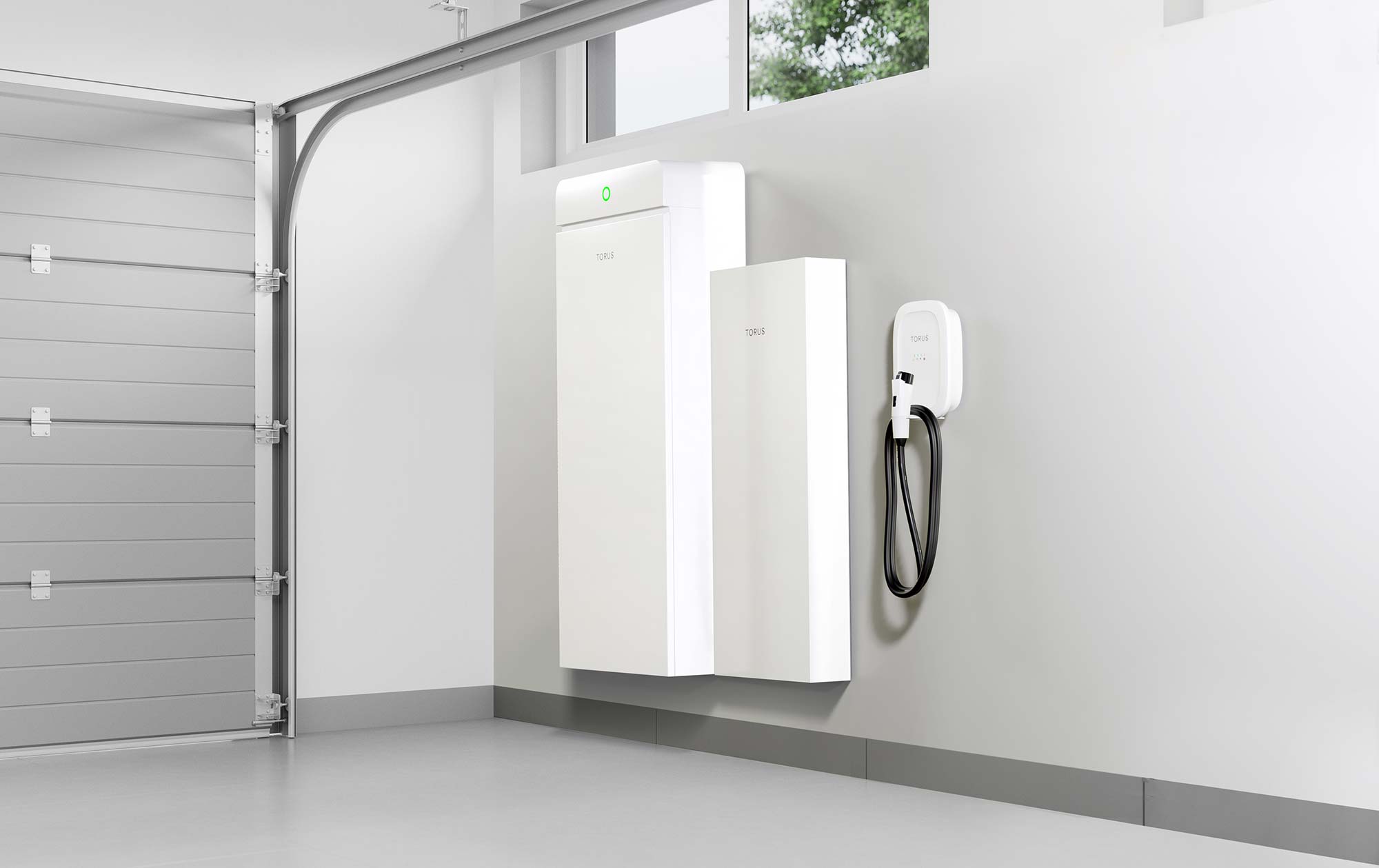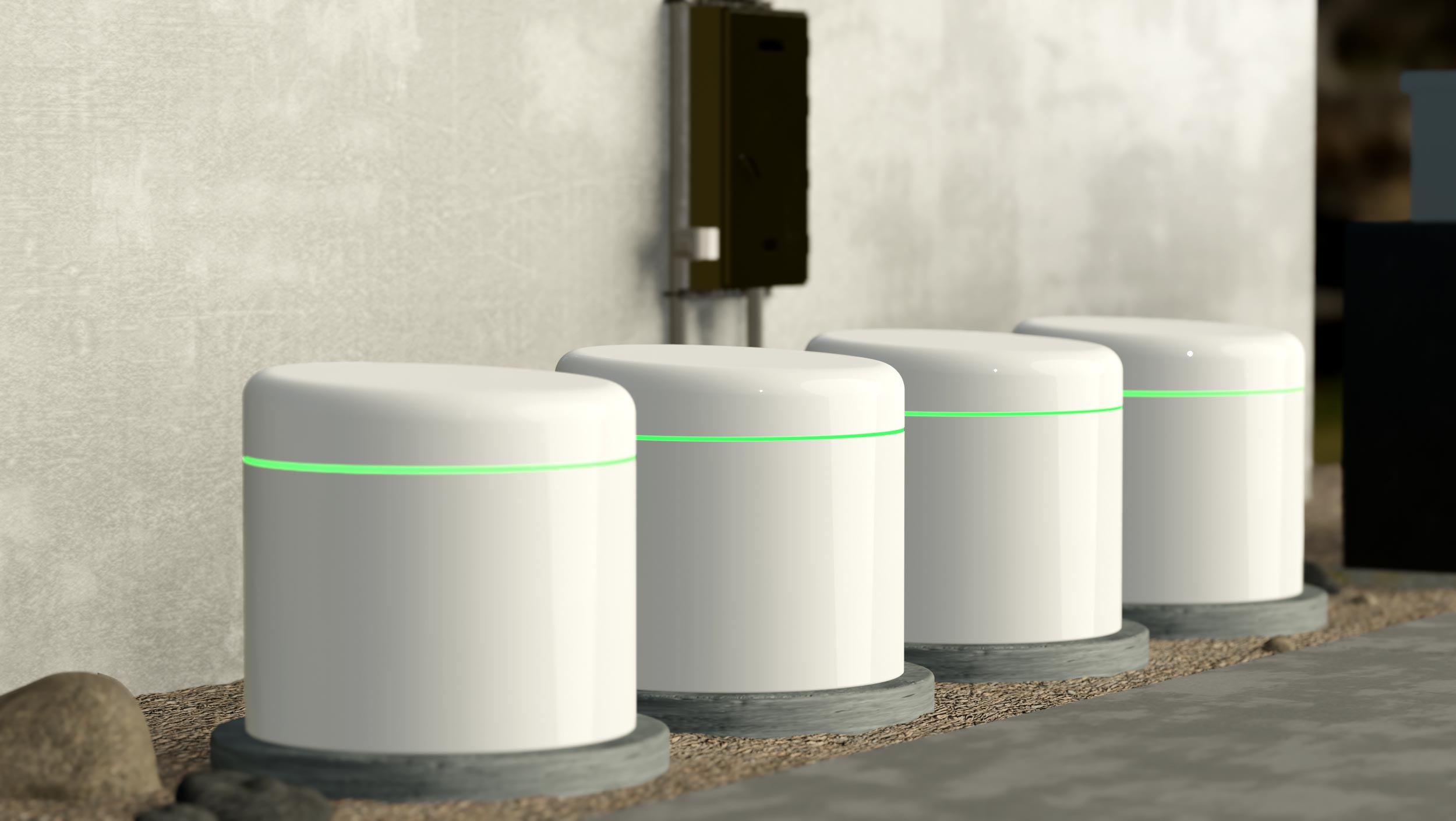What is net metering?
Learn all about what net metering means for homeowners and businesses
Net metering is a billing arrangement between consumers and utility providers that compensates homeowners and business owners for the excess electricity produced by their renewable energy systems. When a consumer’s renewable energy system produces more electricity than their household needs, the extra energy is fed back into the grid in exchange for credits—effectively spinning their utility meter backward. When their renewable energy system does not produce enough electricity, like at night or on cloudy days, those consumers can draw power from the grid and use the credits they’ve earned to offset utility costs. Net metering can reduce or even eliminate your monthly utility bill depending on how much renewable energy you produce.
How Net Metering Works:
Net metering works through a bi-directional meter installed by the utility company. This special meter measures the flow of electricity in both directions: from the grid to the consumer and from the consumer back to the grid. The meter tracks the net difference between energy consumed and energy exported to calculate billing and credits.
The Benefits of Net Metering:
Financial Savings: By offsetting their energy consumption with credits earned from excess production, consumers can significantly reduce their monthly energy costs.
Grid Support and Stability: Distributed renewable energy systems, connected through net metering, help diversify the energy mix and reduce the strain on traditional power infrastructure during peak demand periods. This contributes to a more stable and resilient electricity grid for us all.
Incentives: Because of utility cost offsets, net metering makes renewable energy systems a more financially affordable option. With a tangible financial incentive, more consumers are inclined to invest in solar panels and other renewable technologies, promoting the growth of a clean energy ecosystem.
Environmental Benefits: By promoting the use of renewable energy, net metering helps reduce greenhouse gas emissions and dependence on fossil fuels, fostering a cleaner environment for our planet and for future generations.
Net Metering Policies and Considerations:
Net metering policies vary across regions and utility providers. When evaluating whether solar is right for you, you should consider the availability of net metering programs, system size limitations, credit rollover periods, and the value of credits earned.
The Torus Station is the most effective way to create, store, and manage clean, renewable energy at home. Curious? Learn more! Interested in a free consultation? Get in touch. Ready to commit? Customize your system.




